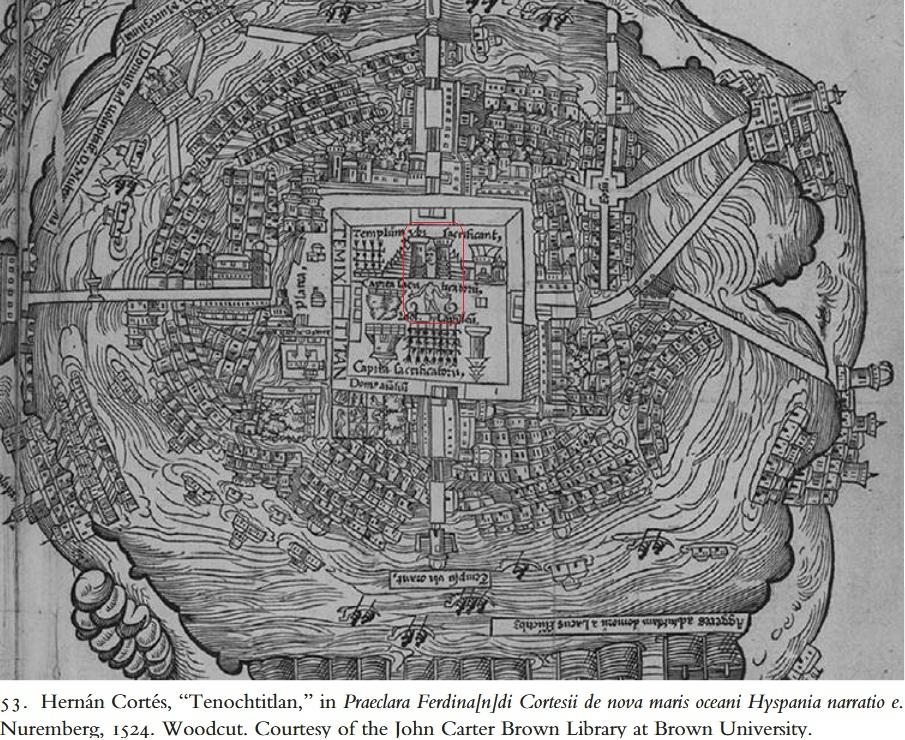Secrets romains - Rome et le mois de Mai, l'exile d'Ovide : Pleiades were considered to be reflected by the Seven Hills of Rome. In particular, the star called Maia – whose counterpart is the Palatine Hill, where Romulus founded Rome – was the mysterious tutelary deity of Rome, whose name had to be kept strictly secret (Valerius Soranus was executed in 82 BC for violating this prohibition). When Ovid was condemned, he was working at the Fasti. It had to be divided into twelve books, one for every month of the year. But when the poet had got halfway through the work, he was suddenly condemned to exile in Tomis; as he says in the Tristia “Sorrows”, a collection of letters written in elegiac couplets during his exile : «I wrote it recently Caesar, under your name,/ but my fate interrupted this work dedicated to you [...] Though two charges, a poem and an error,/ ruined me, I must be silent about the latter», after giving us another important clue, referring to August, «whose mercy in punishing me is such/ that the outcome’s better than I feared./ My life was spared, your anger stopped short of death,/ o Prince, how sparingly you used your powers!». - In fact, neither before nor after Ovid anyone has ever mentioned Maia and the Pleiades in connection with the founding of Rome! Pliny explains : the Roman priests, before the siege of an enemy city, used to invoke its protective god by promising him that in Rome he would enjoy the same cult, or even greater, if he helped the Romans to conquer his city. Maia’s counterpart is the Palatine Hill, where Romulus ploughed the furrow that started the founding of Rome. Bona Dea was both an honorific title and a respectful pseudonym, while her true name was unknown: it was wrapped in mystery. Ovid mentions the Bona Dea on May 1, in the same passage even the Emperor Augustus (who was also the Pontifex Maximus) is mentioned, not to speak of the reference to the temple of the Bona Dea on the Aventine Hill, restored by Livia, Augustus’s wife. [140] - Ovid puts a speech in Muse Calliope’s mouth that narrates the background of the founding of Rome, where the Pleiades are involved. Ovide, Fasti V. (On voit ici qu'à la fondation même de Rome était établit un rite de Faunus, un certain mois de mai. Maïa est l'aînée des Pléiades, filles d'Atlas et de Pléioné. Séduite par Zeus, elle donne naissance à Hermès. J'ai déjà évoqué le triple Hermès en relation à Troie, une figure qui chasse le temps, le temporel. Un fait notable sur un «nom caché», la septième Pléiade n'apparaît pas toujours, Ovide la cite dans ses Fasti Livre IV «Censées être sept, d'habitude elles ne sont que six ; [] peutêtre est-ce parce qu'Électre, ne supportant pas le spectacle de Troie en ruines, s'est mis la main devant les yeux.») - Sur le Mont Ida de Troade : Adrastée (inévitable), fille d'Ananké (la fatalité, mère des Moires), est une nymphe qui, par Rhéa, a été chargée, avec sa sœur Ida, de la protection de Zeus enfant contre Cronos. Ida et Adrastée, ainsi que leur père Mélissé, font des dæmons du mont Ida qui ont fait un vacarme avec leurs lances et boucliers afin de couvrir les pleurs de Zeus enfant, lorsqu'il leur a été confié par la déesse Rhéa. L'enfant-dieu est ainsi caché de son père cannibale (Cronos) et est élevé dans la caverne consacrée à la Déesse (Da) célébrée par les Corybantes, de son nom. (Il y a 7 Pléiades en plus de Pléioné qui est une mère. Admettons une mère-pléiade dont on ne mentionne pas le nom, qui est comme l'enceinte des 7 Pléiades ou des Collines de Rome. [Ref. VOL. 2 : Pléiades et peleiades.] Les étoiles étant liées à la Destinée, la mère serait équivalent à la Moire Ananké, la Muse suprême de Zeus. Le mot Ananké étant associé à la fatalité, 140
Article anglais tiré de Mai dire Maia, by Felice Vinci and Arduino Maiuri, published on the Review “Appunti Romani di Filologia XIX-2017”













